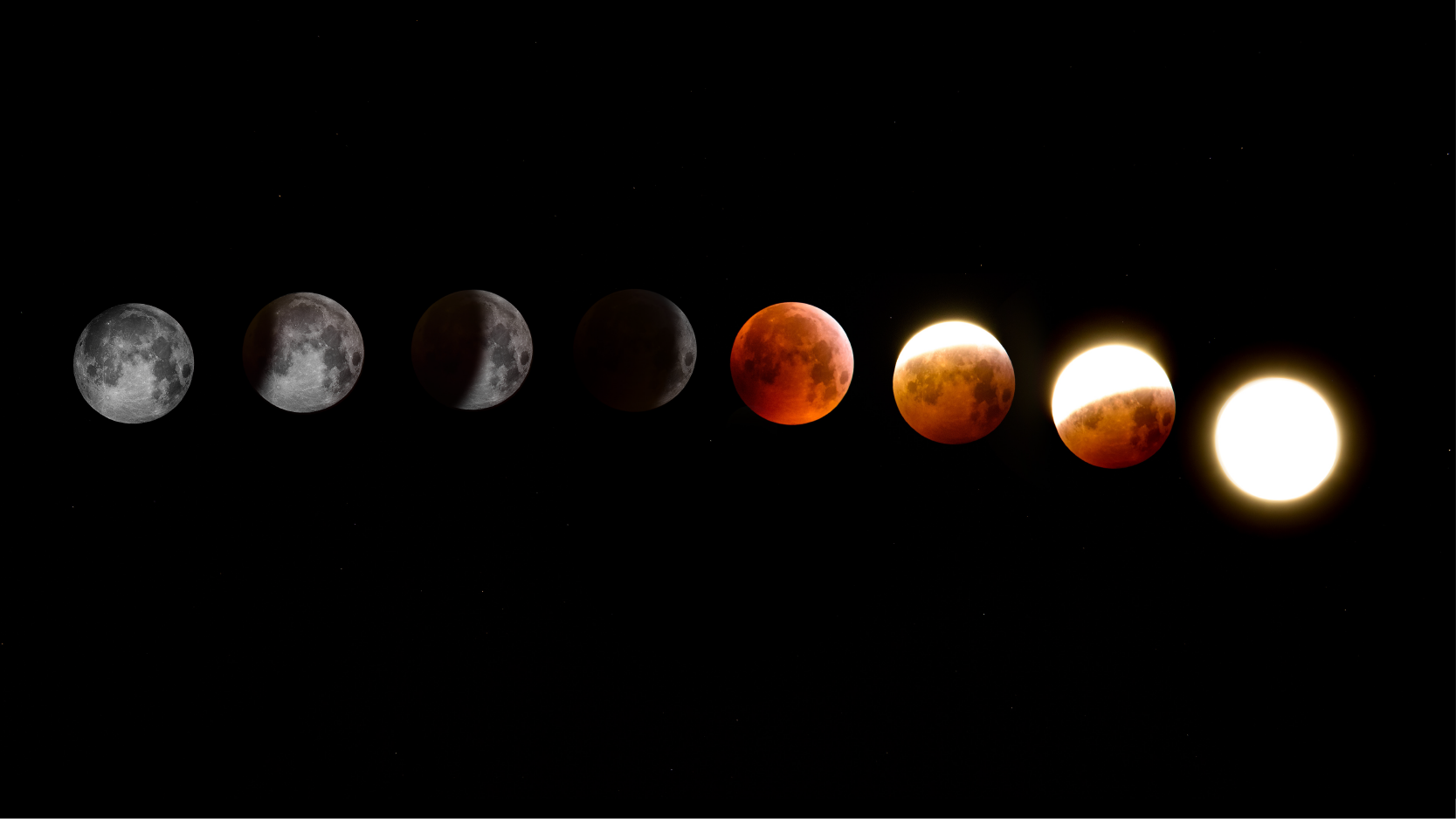The full moon has long been associated with mysterious phenomena, including affecting our sleep patterns.
Studies have shown that people tend to get less sleep, and sleep of poorer quality, during a full moon. The full moon can also cause increased restlessness and difficulty in concentrating, as well as an increase in dreaming. People may also experience more vivid dreams during this time.
The full moon effects on sleep are typically pronounced in the days leading up to and during the full moon and, in many cases, can be felt for up to three days before and after the full moon.
During, or close to, a full moon, many of us are more likely to experience insomnia, restlessness, and an overall decrease in sleep quality. Studies have also shown that the moon can affect our hormones. During the full moon, hormones such as cortisol and melatonin can be disrupted, resulting in greater interference with our sleep cycle.
But why does it have this effect on our sleeping patterns? Well, scientists believe that the moon affects our sleep in this way due to the amount of light it reflects and the gravitational pull it exerts on the Earth, which can disrupt the body’s circadian rhythm and interfere with melatonin production in the brain, making it harder to fall asleep and stay asleep.
The light aspect of the above reasoning can be confusing because the moon emits only 7% of the light intensity of sunlight. However, research indicates that the gravitational pull cycles associated with the lunar month can predispose humans to be particularly sensitive to the effects of ALL light, moonlight, or artificial, on the nights close to the full moon.
Because the body’s internal 24-hour clock is calibrated by rising and falling levels of hormones in response to light perception, light levels are one of the most significant influences on sleep onset and quality.
The lunar impact on sleep may be particularly significant for people with mental health disorders, as many of these conditions have a relationship with sleep. In fact, the word ‘lunacy’ is derived from ‘Luna,’ the Roman moon goddess.
At the same time, the lunar cycle can also have a positive effect on our sleep. During a new moon, there is less light, making it easier to fall asleep and stay asleep. A new moon can also be a time for more restful, restorative sleep.
Scientists are consistently investigating potential connections between the moon and a broad mix of human experiences, such as conceptions, births, hospital or ER visits, cardiac events, psychiatric episodes, sports injuries, aggression and crime. Much of the evidence is inconclusive or even contradictory. For each study that finds that people lose sleep during a full moon, there’s another that states there’s no connection between the two. One thing that does seem clear: It’s not just a coincidence that the average length of a menstrual cycle, 28 days, nearly matches the 29.5-day lunar cycle.
Whilst there is striking research indicating the moon’s phase may affect sleep, a great deal of this research is only suggestive. There is much we do not understand on this topic. Fortunately, there are evidence-based strategies that you can use to sleep well tonight, regardless of celestial influence:
Tips for Sleeping Better
It’s important to remember that the lunar cycle is only one of the factors that can affect our sleep. Sleep hygiene and a good sleep schedule are some of the most helpful ways to get a good night’s sleep. Adjusting your bedroom environment, ensuring you have just the right bed and mattress, and practising certain positive behaviours set you up for a successful slumber. Simple things like ensuring your bedroom is dark, limiting caffeine, avoiding blue light, and keeping a sleep schedule can go a long way.












